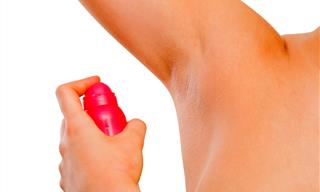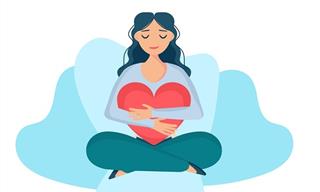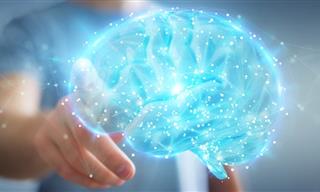Being vegan or vegetarian is more popular than ever and having a low cholesterol diet on a whim is practically synonymous to leading a healthy lifestyle. Unfortunately, both of these diet trends may harm our health if we're not careful, as they are indirectly making us deficient in one key nutrient, choline, with an estimated 90% of Americans being deficient in this essential nutrient.
Never heard of choline? We’re not surprised, as, unlike vitamin C or omega-3 fatty acids, choline is not getting nearly as much publicity, but it doesn’t make it any less important to our health and well-being. In fact, a deficiency in this essential nutrient is associated with a sluggish brain, a poorer progression of Alzheimer’s, impaired brain and spinal cord development in children, and fatty liver disease. In this article, we discuss what choline is, what it does for our bodies, and which foods contain this vital nutrient.
What is Choline?
Choline is a nutrient comparable to vitamins in its importance for the body, and it plays a key role in regulating cholesterol levels, maintaining brain and mental health, as well as being a building block for cell membranes. Apart from that, choline is crucial for brain development of children, which is why pregnant and breastfeeding women, as well as young children, are often required to monitor choline levels.
Like many other vitamins and nutrients, our bodies naturally produce choline in our livers, but never in sufficient amounts, which is why doctors recommend the following regulated daily intake of choline for adults:
- 550 mg for men
- 425 mg for women
- 450 mg for women during pregnancy
- 550 mg for breastfeeding women.
Why is a Choline Deficiency Dangerous?
As we mentioned at the beginning of the article, according to the National Health and Nutrition Examination Survey, 90% of kids, pregnant women, and other adults aren’t meeting their daily recommended intake of choline. But what does it mean for their health?

A choline deficiency contributes to the following health conditions:
- Neurological disorders. A low intake of choline in adults has been associated with decreased memory, brain fog, and cognition. Some researchers have even suggested that choline helps maintain the structural integrity of neurons and so it may be beneficial in supporting cognitive sharpness in older adults, particularly among dementia and Alzheimer’s sufferers.
Finally, a choline deficit at an early age may result in neurodevelopmental deficiencies, so sufficient choline intake is particularly important for pregnant and breastfeeding women, as well as infants and young kids.
- Nonalcoholic fatty liver disease (NAFLD). An adequate intake of choline is essential for preventing liver damage and NAFLD, the most common liver disease affecting the majority of overweight individuals and patients with obesity. NAFLD is particularly dangerous, as it increases one’s risk of liver cancer, liver failure, and cirrhosis quite significantly. Choline helps prevent a fatty liver and is thus essential for liver health.
- Finally, there is also some recent scientific evidence suggesting choline can be beneficial for the heart, as it can decrease the levels of the bad kind of cholesterol in the blood, but there isn’t sufficient proof to back that claim just yet.
Which Foods Contain Choline?
With the exception of some cruciferous vegetables and beans, choline-rich foods are limited to those that are animal-derived, which is why persons who have a vegetarian or vegan diet, as well as a low-cholesterol diet are more prone to be deficient in choline.
The table above features several food types particularly rich in choline, with liver, eggs, and red meat being some of the most choline-dense food choices out there. If you’re following a low-cholesterol diet as per the recommendations of your doctor, we advise you to discuss the option of a choline supplement with your health provider.
Supplementation is also an option to consider for vegans and vegetarians, as choline is difficult to get from veggies only. For example, these is roughly as much choline in 1 boiled egg (113 mg) as in 2 cups of broccoli (123 mg), which is less than a quarter of the recommended intake per day for men.
In the end, what this story of mass choline deficiency can really teach us all is that we shouldn't submit to dieting trends in a thoughtless manner and have a balanced nutrient intake no matter what, even if means supplementing.
 Go to BabaMail
Go to BabaMail



























